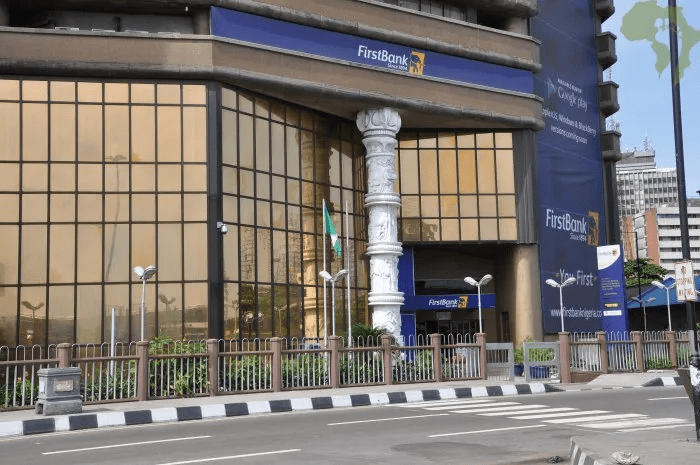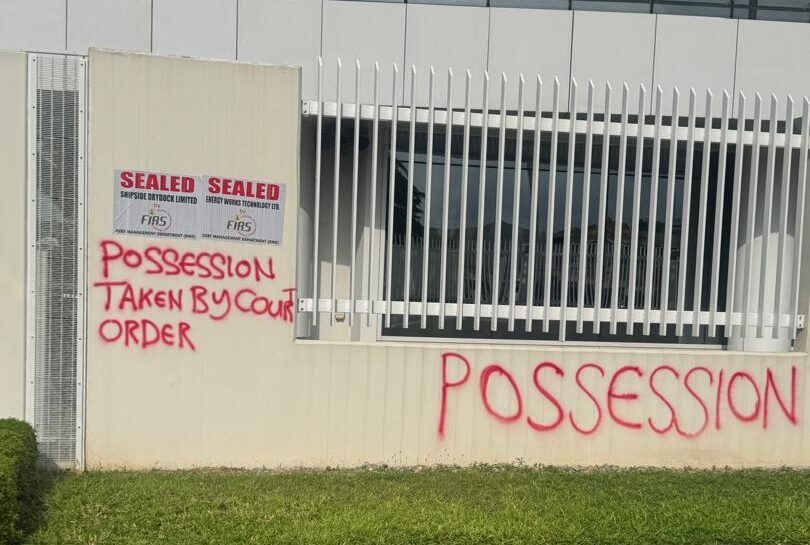Sunday Ehigiator
The Anioma State Creation Movement has reaffirmed that all Igbo-speaking states remain one united family bound by common heritage, language, and destiny; despite political boundaries created by successive governments.
In a statement signed by its Media Director, Chief (Barr.) Tonnie Osita Oganah, the group declared that “Anioma is Igbo,” stressing that cultural and linguistic similarities across Igbo communities prove their unity and shared ancestry.
“We all speak the Igbo language, though dialects differ. We eat the same food, wear the same traditional attire, share the same four market days, observe the same wedding and burial rites, and hold the same naming ceremonies,” he said.
Oganah noted that the unity of the Igbo people was tested and proven during the civil war, when all Igbos, irrespective of state of origin, suffered the same fate of defeat, hunger, and displacement, and were forced to restart life with just £20 each.
“We share one worldview built on hard work, self-help, republicanism, and enterprise. Our names are similar, our dialects mutually intelligible, and our determination the same. Anioma is Igbo, and most of our towns and villages bear Igbo names. We all share a common destiny,” he explained.
The statement followed the National Assembly Joint Committee on Constitution Review’s unanimous endorsement of a new state for the South-east, which the group described as a “bold and historic move” toward achieving balance and equity in Nigeria’s federal structure.
Oganah said the development marks a significant milestone in the decades-long push to correct the imbalance that leaves the South-east with only five states: Abia, Anambra, Ebonyi, Enugu, and Imo; while other regions have six, except the Northwest with seven.
“Anioma people support the proposal as the first step to equalising the Igbo nation in Nigeria,” he said.
“For true fairness and unity, all six zones should have seven states each like the Northwest. Anioma State creation should happen this year, along with five others.”
He praised Senator Ned Nwoko for leading the renewed agitation, describing him as “the living convener of the Anioma struggle,” originally championed by the late Dennis Osadebe, Nigeria’s first Premier of the Mid-West Region.
“Senator Nwoko is working tirelessly to actualise Anioma State creation this year. Those trying to frustrate his efforts are fighting a just cause, but the referendum will show that Anioma people truly want their state,” Oganah added.
Dismissing claims that Nigeria cannot afford to create new states, he argued that the challenge lies in mismanagement of resources, not scarcity of funds.
“The latest federal allocation was over N2 trillion. If leaders manage funds properly, Nigeria will thrive. State creation will create jobs, empower youths, and open up new development corridors across regions,” he said.
Reaffirming Anioma’s place in the South-east, Oganah stressed that the people share deep-rooted cultural identity with the rest of the Igbo nation.
“Anioma means ‘the good land’ and deserves its place among its brothers. We wear the red cap, eat Akpu, speak Igbo, and uphold our ancestors’ values. We are one with the Igbo nation,” he said.
He maintained that the creation of Anioma State will not only ensure equity but also strengthen Nigeria’s unity and federal balance.
“A balanced federation will make the country stronger and restore confidence in national integration,” Oganah concluded.
The agitation for Anioma State dates back to the Second Republic, when leaders from Delta North, including the Aniocha, Oshimili, Ndokwa, and Ika areas, began pushing for recognition to preserve their cultural identity and secure fair representation.
Over the years, the call has resurfaced in various constitutional conferences, but with the National Assembly’s latest endorsement, advocates say the dream of a united and equal Igbo nation has never been closer to reality.



